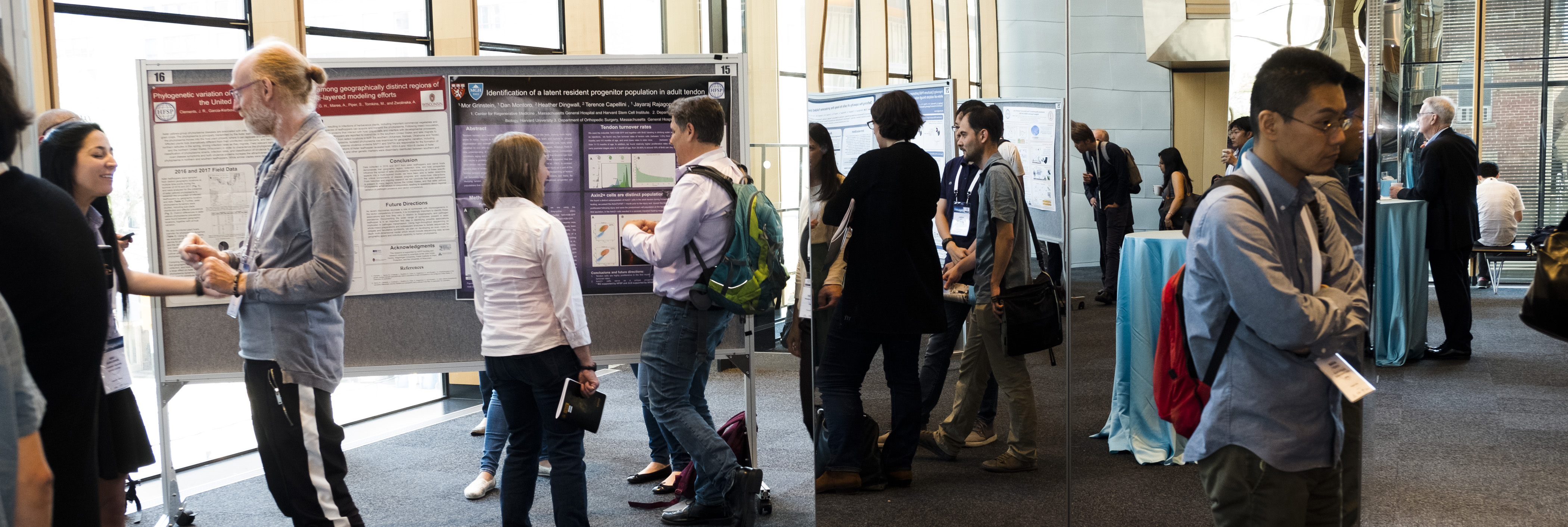
The HFSP fellowship program supports proposals for frontier, potentially transformative research in the life sciences. Applications for high-risk projects are particularly encouraged. The projects should be interdisciplinary in nature and should challenge existing paradigms by using novel approaches and techniques. Scientifically, they should address an important problem or a barrier to progress in the field.
HFSP postdoctoral fellowships encourage early career scientists to broaden their research skills by moving into new areas of study while working in a new country.
Two different fellowships are available:
Long-Term Fellowships (LTF) are for applicants with a PhD on a biological topic who want to embark on a novel and frontier project focussing on the life sciences.
Cross-Disciplinary Fellowships (CDF) are for applicants who hold a doctoral degree from a non-biological discipline (e.g. physics, chemistry, mathematics, engineering or computer sciences) and who have not worked in the life sciences before.
There is only one competition per year for HFSP Fellowships. Applications for the 2025 HFSP Long-Term and Cross-Disciplinary Fellowships (to start in 2025) will follow a two-step submission process via the online submission platform ProposalCentral. Firstly, applicants will be asked to submit a Letter of Intent from which the review committee will select the best proposals. In a second step, successful applicants will be invited to submit a Full Proposal.
The link to the registration portal of each program will be available in the corresponding application guidelines.
The application guidelines for the 2025 cycle are available.
- The Long-Term Fellowship application guidelines can be found here,
- The Cross-Disciplinary Fellowship application guidelines can be found here.
The HFSP application portal in ProposalCentral will open on March 14, 2024 for Letters of Intent.
For questions about registration in ProposalCentral please use the following contact:
https://proposalcentral.com/inforequest.asp
E-mail: Click here to show mail address
Phone: +1 703 964 5840
Deadlines:
- Submission of a Letter of Intent by 1 PM (Eastern Time US) by May 14, 2024
- HFSP will notify fellowship applicants between mid-August and end of August as to whether their Letter of Intent was selected or not for submitting a Full Proposal.
- Submission of Full Proposals for invited applicants by 1 PM (Eastern Time US) by September 26, 2024 via ProposalCentral.


































